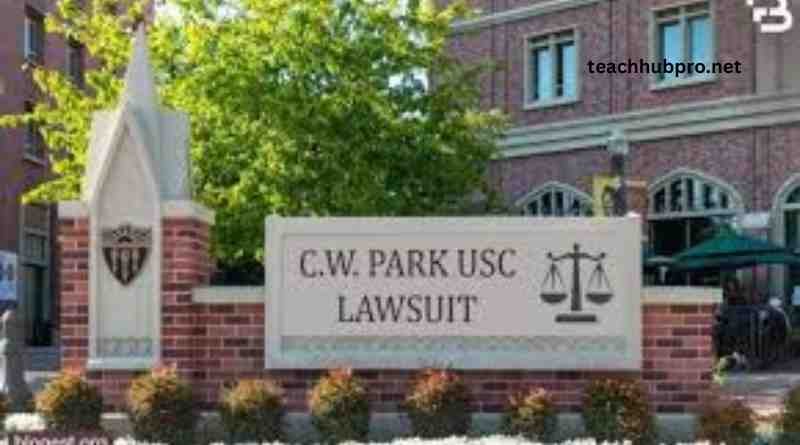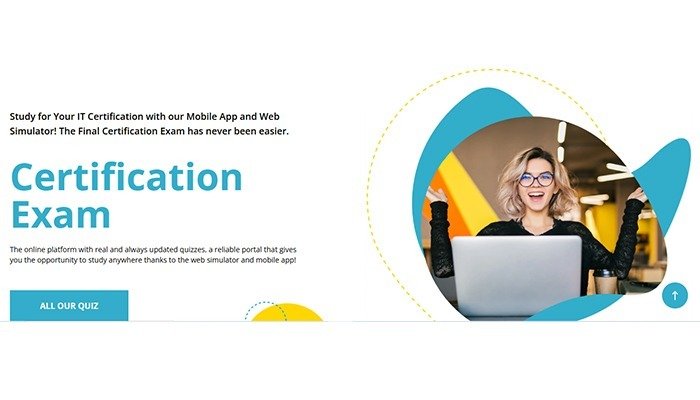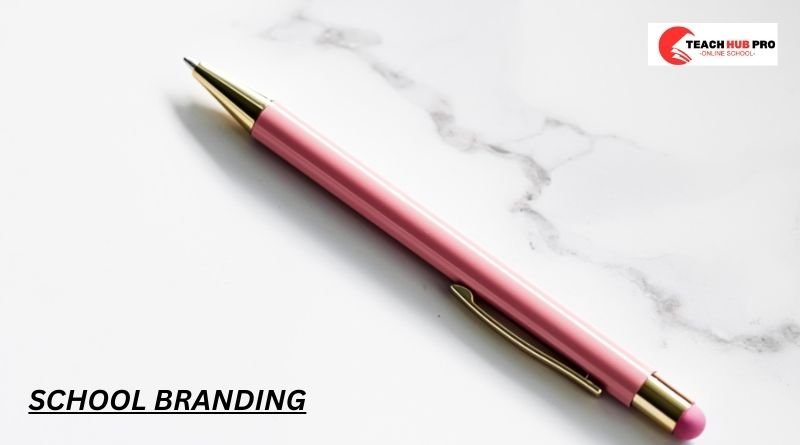Exploring the C.W. Park USC Lawsuit: Insights into the Legal Battle

This article delves deep into the C.W. Park USC lawsuit, aiming to provide a comprehensive understanding of its implications, the parties involved, and the broader impact on the academic community and legal precedents. The legal dispute involving C.W. Park and the University of Southern California (USC) has garnered significant attention within academic circles and beyond, raising questions about ethics, governance, and the intricate dynamics within higher education institutions.
Background and Overview
To fully grasp the complexity of the C.W. Park USC lawsuit, it’s essential to understand the context and the individuals involved. C.W. Park, a distinguished professor with a noteworthy career in marketing and business, found himself at the center of a legal battle against the University of Southern California, a prestigious institution known for its rigorous academic standards and influential alumni network. The lawsuit’s roots can be traced back to specific incidents and disagreements that escalated, culminating in a legal challenge that captured public and academic interest.
The Genesis of the Dispute
The dispute began with allegations regarding professional conduct and escalated to involve issues of tenure, academic freedom, and the responsibilities of educational institutions toward their faculty and students. At the heart of the lawsuit were questions about how universities manage internal policies and the extent to which they can enforce these policies while respecting individual rights and freedoms.
Legal Allegations and Defense
The legal documents filed in the C.W. Park USC lawsuit outline a series of allegations that range from breach of contract to violations of academic freedom. These documents reveal a complex narrative of expectations, promises, and perceived injustices. On the other side, USC’s defense strategy provides insight into the university’s governance, policy enforcement, and the legal frameworks guiding higher education administration. Analyzing both sides of the argument offers a window into the multifaceted legal and ethical dilemmas facing modern universities.
Impact on Academic and Legal Communities
The ramifications of the C.W. Park USC lawsuit extend beyond the immediate parties involved. For the academic community, this case highlights the tensions between administrative authorities and faculty members, raising important questions about governance, oversight, and the balance between institutional policies and individual rights. Legally, the lawsuit may set precedents regarding contractual obligations, tenure security, and the legal protections afforded to academic professionals. These aspects underline the significance of the case in shaping future university governance models and legal standards in education.
Broader Implications for Higher Education
The lawsuit’s outcome and the discussions it generates could influence policy reforms, governance strategies, and the approach to dispute resolution within academic institutions. It invites a reevaluation of how universities address internal conflicts, manage professional relationships, and uphold their commitments to faculty and students. Moreover, the case encourages a broader discourse on the values and priorities of higher education institutions in a rapidly evolving academic landscape.
Personal and Professional Repercussions
Beyond the legal and institutional implications, the C.W. Park USC lawsuit has personal consequences for those directly involved. For C.W. Park, the lawsuit represents a significant chapter in his professional life, potentially affecting his reputation, career trajectory, and contributions to the field. For USC, the case tests the university’s ability to navigate complex legal challenges while maintaining its academic integrity, community trust, and institutional reputation.
Reflections and Future Directions
As the legal proceedings unfold, the C.W. Park USC lawsuit serves as a catalyst for reflection within the higher education sector. Institutions worldwide may consider revisiting their policies, dispute resolution mechanisms, and the support systems in place for faculty and students. This case underscores the importance of transparency, fairness, and respect for individual rights within the academic environment, urging a thoughtful reexamination of how these values are implemented in practice.
Conclusion
The C.W. Park USC lawsuit encapsulates a pivotal moment in the intersection of law, education, and institutional governance. With its complex legal arguments, ethical considerations, and potential to influence future policies, the case offers invaluable insights into the challenges facing contemporary higher education. As observers, participants, or stakeholders within this system, there is much to learn from the unfolding saga of the lawsuit, reminding us of the ongoing need for dialogue, reform, and a commitment to the core values of academia. The resolution of this legal battle will likely reverberate through the halls of universities across the globe, prompting a reassessment of how academic disputes are managed and resolved in an era of evolving educational paradigms.
Read also:







